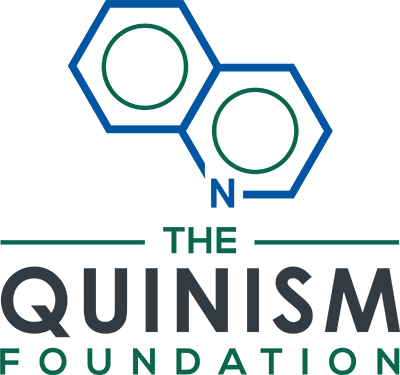The Quinism Foundation Supports Australian Veterans’ Calls for Chronic Quinoline Encephalopathy to be Recognized as a Compensable Disorder
The Foundation Supports the Quinoline Veterans and Families Association in its Submission Related to Poisoning by Mefloquine, Tafenoquine, and Primaquine
WHITE RIVER JUNCTION, VERMONT (PRWEB) FEBRUARY 12, 2018
The Quinism Foundation has filed a submission with the Australian Specialist Medical Review Council (SMRC) in support of the Quinoline Veterans and Families Association (QVFA). The QVFA is requesting the SMRC review a recent decision by the Repatriation Medical Authority (RMA) denying support and compensation to some Australian veterans suffering from the chronic effects of poisoning by certain antimalarial drugs issued by the Australian military.
In 2017, the RMA declined to issue “Statements of Principles” (SoPs) – legal instruments used by the Australian Department of Veterans’ Affairs to determine liability for veterans’ claims – linking poisoning by mefloquine, tafenoquine, and primaquine to the development of chronic quinoline encephalopathy, a serious and potentially life-threatening brain disorder. In its decision, the RMA referred to the disorder as a “chemically-acquired brain injury” [1].
“The RMA erred in overlooking sound medical-scientific evidence that chronic quinoline encephalopathy is causally linked to Australian military service,” said Remington Nevin, MD, MPH, DrPH, executive director of The Quinism Foundation. “We are pleased the SMRC will review the RMA’s decision, and we are confident this independent review will lead to recognition of the harms suffered by Australian veterans from this disorder.”
Chronic quinoline encephalopathy, also known as neuropsychiatric quinism, is marked by the development of lasting neuropsychiatric symptoms. These symptoms can include anxiety, depression, psychosis, paresthesias, seizures, tinnitus, dizziness, and sleep disturbance, among others. Those suffering from neuropsychiatric quinism are at increased risk of suicide.
“The RMA already recognizes mefloquine, tafenoquine, and primaquine as the cause of various separate disorders, including anxiety disorder, bipolar disorder, depressive disorder, schizophrenia, peripheral neuropathy, epileptic seizure, sensorineural hearing loss, tinnitus, suicide, and attempted suicide,” said Dr. Nevin. “Sound medical-scientific evidence available to the RMA establishes that a toxic encephalopathy caused by these drugs provides the most likely explanation for these conditions.”
Mefloquine is now only rarely prescribed in the Australian military due to concerns for its neurotoxicity, and tafenoquine has been found to be more neurotoxic than mefloquine [2]. Over a thousand Australian military personnel were issued the neurotoxic drugs during controversial drug trials overseen by the Australian Army Malaria Institute from the late 1990s through the early 2000s.
Dr. Jane Quinn, a research neurotoxicologist and scientific advisor to the QVFA, said, “Establishing a SoP for quinoline-induced chemically-acquired brain injury, or neuropsychiatric quinism, is an important step to getting those veterans affected by this condition the recognition, appropriate medical assistance, and compensation they deserve, particularly for those veterans and their families whose lives have been permanently affected by their participation in the Australian Defence Force-sanctioned drug trials.”
The Quinism Foundation filed its submission with the SMRC on February 9, 2018.
About The Quinism Foundation
The Quinism Foundation promotes and supports education and research on quinism. Founded in January 2018, the Quinism Foundation is supported by private donations and is advised by an international committee chaired by Mr. Andrew Bryce, of Dublin, Ireland, whose members include Dr. Jane Quinn of Charles Stuart University, Australia. The Foundation’s board of directors includes retired U.S. Navy Commander William Manofsky and retired U.S. Army Lieutenant Colonel Gregory Alderete.
Dr. Nevin is a board-certified preventive medicine physician and former U.S. Army medical officer and epidemiologist. He is author of more than 30 scientific publications on malaria and the quinoline antimalarials, including “Idiosyncratic quinoline central nervous system toxicity: Historical insights into the chronic neurological sequelae of mefloquine,” published in the journal International Journal for Parasitology: Drugs and Drug Resistance (see: http://dx.doi.org/10.1016/j.ijpddr.2014.03.002).
1. Australian Government Repatriation Medical Authority. Declaration Under Subsection 196B(6) of the Veterans’ Entitlements Act 1986. August 18, 2017. http://www.rma.gov.au/assets/Other/RMA-Declaration-chemically-acquired-brain-injury-caused-by-mefloquine-tafenoquine-or-primaquine-29-August-2017.pdf
2. Agboruche RL. 529.3 In-Vitro Toxicity Assessment of Antimalarial Drug Toxicity on Cultured Embryonic Rat Neurons, Macrophage (RAW 264.7), and Kidney Cells (VERO-CCl-81). FASEB Journal. 2009;23(Meeting Abstract Supplement):529.3.

